Connect the Dots with Our Google Best Practices Guide
We created this Google Best Practices Guide because one of the most common frustrations shared with us as we’re getting to know new clients is organic search performance. And close behind is a lack of visibility of what’s happening at the business website.
We want to help any small business owner understand the importance of not only using 4 free Google products, but linking them:
-
- Google Analytics
- Google Search Console
- Google My Business (Now Transitioning to Google Maps and Search)
- Google AdWords
Individually, they’re each great tools. But linked together, you make 2 + 2 = 5.
These Tools are a Must for Every Small Business
You can’t manage what you can’t measure, and these tools give you the visibility you need to make good decisions about your digital footprint and your overall marketing strategy.
If Google knows you, it’ll show you. When prospective clients express frustration about Google, they’ve really got to be more introspective. Google’s now showing you. Why? It’s not them. It’s you. You’ve got to connect the dots.
The tools are there to make it easier for Google to drive prospective customers your direction. You need only use them.
If you want a deep dive on this, here is Google’s own advice for webmasters. Otherwise, here is an overview for the rest of us…
Why Google Analytics
Want to know who’s coming to your website, what they’re doing while they’re there, how much time they spend, how they even got there in the first place, and a host of other valuable stats about your website?
Of course you do. That’s why you need Google Analytics. And that’s why it’s part of our Google Best Practices Guide.
This free product is easy to install and provides a ton of great information. It’s always surprising to us that nearly 1/3 of all the prospective clients we meet don’t have Google Analytics and haven’t ever used it.
Why Google Search Console
If there was only a way to tell Google who you are, what you do, where you do it, and the kinds of people you’re trying to attract to your website! Oh, yea, there is!
Google Search Console, and it’s counterpart Bing Webmaster Tools, are the definitive way to register your website with Google and Bing. It’s the best way to improve your organic search performance. Often, our clients see immediate improvement in that channel of traffic to their websites.
It’s also how you plan and evaluate your ongoing search engine optimization (SEO) strategy. By showing your organic search traffic and your rank against various important keywords and phrases, Search Console is Google giving you feedback on how to perform better on Google!
That’s why it’s part of our Google Best Practices Guide. It’s amazing to us how many prospective clients have spent a lot of time and money hiring someone to build a website, only to leave the job undone. Web developers are NOT usually marketers. You need both to get your website right.
Too often, web developers are visually-oriented. They build a beautiful website. But that’s the end of it. They don’t do the things that have to be done in the background (the things you can’t see just looking at the website) that help Google know you and show you.
Google Search Console is the foundation of that. And then your ongoing search engine optimization strategy builds on that foundation. One without the other is destined to fail. And having neither the Search Console tool or an SEO strategy is disastrous.
Why Google My Business (Now Google Maps and Search)
For those who’ve been alive long enough to remember that giant phone book in the kitchen junk drawer, may we introduce you to the modern day version of the yellow pages, Google My Business (now becoming known as Google Maps and Search).
Over the past 20 years, yellow pages went from the largest segment of marketing spending in the US to virtually non-existent. During that same time, search engine marketing (SEM) basically traded places with it.
Your listing in Google My Business is as important an asset to your business as your phone number or domain name, and you need to start treating it that way. It needs care and feeding, and that investment of time, money, and expertise pays off in the form of higher search performance and more prospective customers discovering your business.
We’ve had so much to say in this local marketing blog about Google My Business that you should probably do a search and enjoy a deeper dive. Suffice to say that 95% of businesses severely under-utilize this tool.
The app should be on your phone (and the phone of any managers) and it should be something that becomes part of every day life at your business.
Why Google AdWords
Whether you plan to use Google AdWords as part of your advertising plan or not, it’s good to establish an account if only for the Keyword Planner tool.
The Keyword Planner Tool in Google AdWords is awesome. It’s a powerful research tool all by itself. It gives you the power to understand what people are actually typing into the search engine, how often, to reach businesses like yours.
We’ve had many conversations over the years with business owners who have assumptions about what people type into the search engine to find their products or services. It’s almost always less specific and less “in the know.”
An orthopedic surgeon once insisted that people most certainly search “Glenohumeral Arthroplasty” in Google. We argued it was much more likely they typed “Shoulder Replacement Surgery.” Turns out, we were both wrong. The most common terms searched with regard to shoulder replacement:
-
- Shoulder Pain
- My Shoulder Hurts
- Frozen Shoulder
We learned this from the Keyword Planner. And by experimenting, we were able to determine that the best time to intervene with a search on behalf of orthopedic surgeons is when someone types “frozen shoulder.” Why? Because your primary care physician tells you you’ve got frozen shoulder — easier to understand. And the first thing people do is go home and Google it. We found that people searching “frozen shoulder” had most commonly NOT selected a surgeon yet. And that was the opening for us to exploit…
Knowing what people are actually typing into the search engine gives you the visibility you need to successfully:
-
- Develop your website SEO strategy
- Build SEM campaigns that convert
- Create content that relates to the way people think
It’s worth noting that if you have a Google AdWords account long enough and don’t advertise, Google will shut it down automatically. So be aware of that…
The Benefits of Linking All These Products
Google lets you link these different products together. And while we’ve already established that they’re effective tools on their own, when you link them they get smarter.
They get smarter because they benefit from the knowledge each tool collects. For example, if you’re using Google AdWords as part of your SEM strategy, AdWords benefits from a profile of all your past website visitors to better target the new ones.
Search Console benefits from your website Analytics data. And vice versa.
Google is a mystery to most business owners. But when you begin to think of Google as a giant system trying to anticipate the needs of its users, and then create and connect the information that system needs to benefit you the most — you’ve got a competitive edge that’s easy to exploit and build up.
Since these products are essentially free, sans AdWords ad spending, if you’re leaving these tools unused, you’re missing a huge opportunity.
The True Risk of Ignoring This Google Best Practices Guide
You wouldn’t have read this far if you don’t already understand this, but it’s worth saying anyway. Ignore these tools at your own risk.
What’s the risk? Well, we could share a great number of horror stories. In short, if you don’t provide Google with this information it seeks it out on its own — via crowdsourcing, guessing, and other means fraught with danger.
We were once introduced to a prospective client by his daughter, who recognized problems with her the digital footprint of her father’s business and wanted to help him. He was carrying a flip phone, so you quickly get an idea what we were up against…
Dad thought anything on-line was hooey. He saw no need for it. “My business has been here for 30 years. We’re as busy as we’ve ever been. I don’t need any of that Internet stuff,” he said.
Except that in his absence of paying any attention to it, he had several big problems:
-
- He had no Facebook or Yelp! pages, EXCEPT that an irate customer had created them (yes, you can do that) and singularly posted a video of the owner having a screaming argument with him — all that was visible in the video is the angry owner in his polo shirt with the business logo on it);
- His website was very old; so old that is wasn’t mobile responsive and it had a lot of outdated information on it;
- His directories were a mess — and mostly crowdsourced with educated guesses, a lot of which were incorrect.
That’s certainly a worse-case scenario of letting the Internet crowdsource your identity and reputation on-line. It’s extreme. But if you’re not following these best practices you have lots of room for improvement, even if you’re not in dire straits like he was.
We could have fixed all of this for him. But he declined. That was about 5 years ago. Today, a lot of these same problems still exist, and now the video posted on the pages has dozens of user comments, most of which echo the idea of “what a horrible person, I’d never go there.” The business is a shell of its former self, and continues to decline.
We Can Help
One of the founding principles of our company is leading with education. So if you’re struggling with being able to set up and integrate these products, just get in touch with us. We’ll help you set them up at no charge. It’s our way of investing in you long before you ever invest in us.
We hope you found this Google Best Practices Guide helpful. For more tips like this, subscribe to our local marketing e-mail newsletter.








